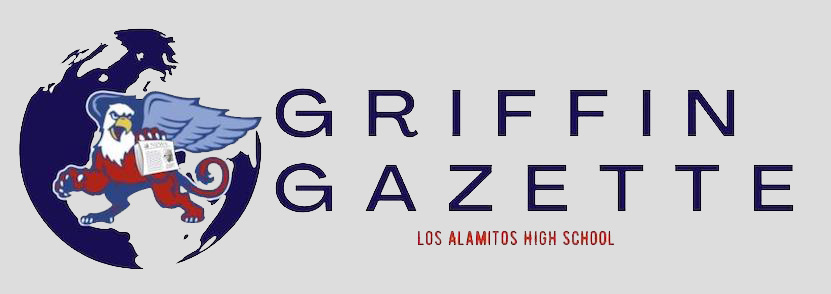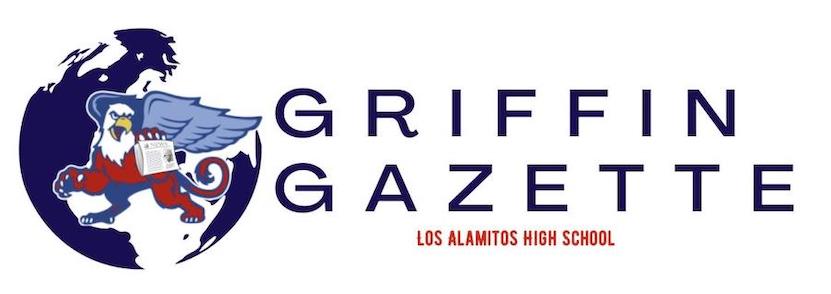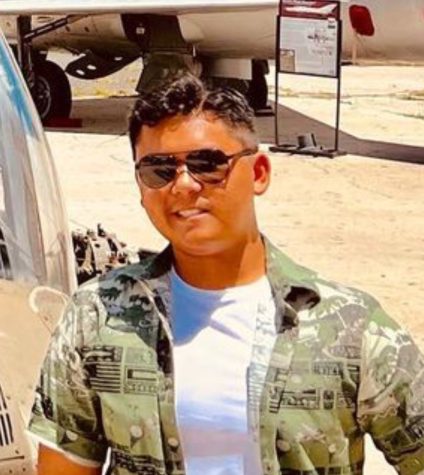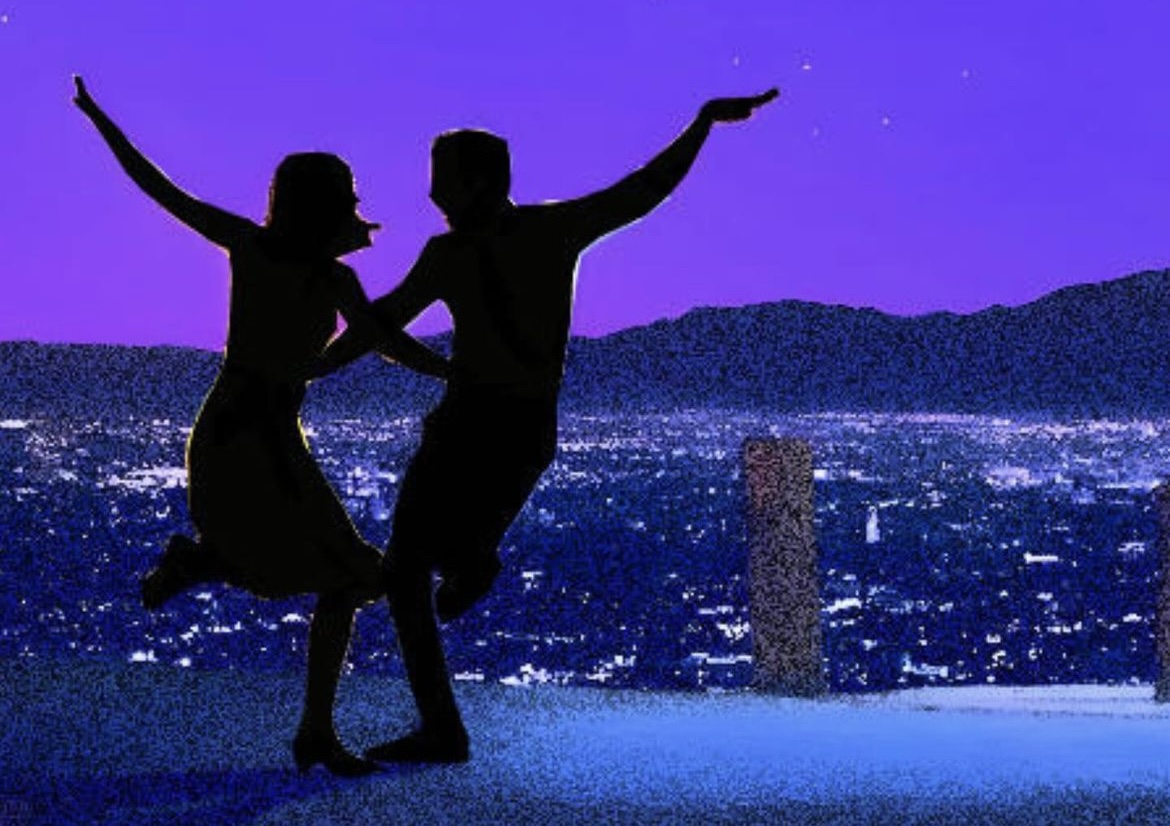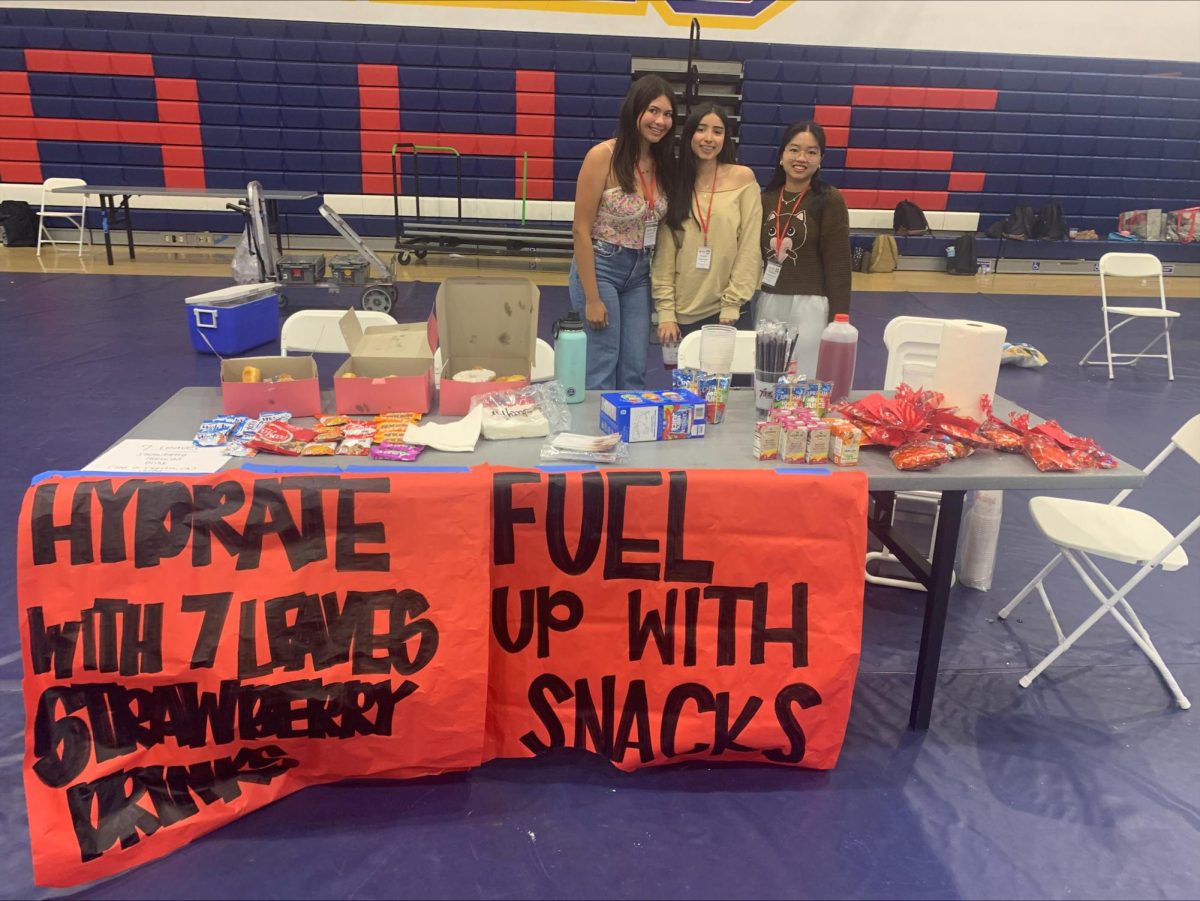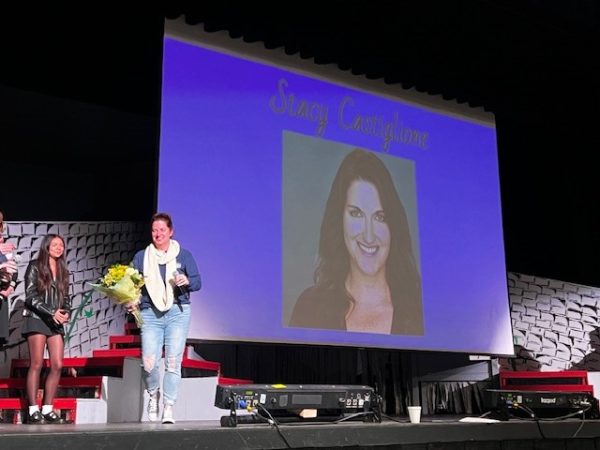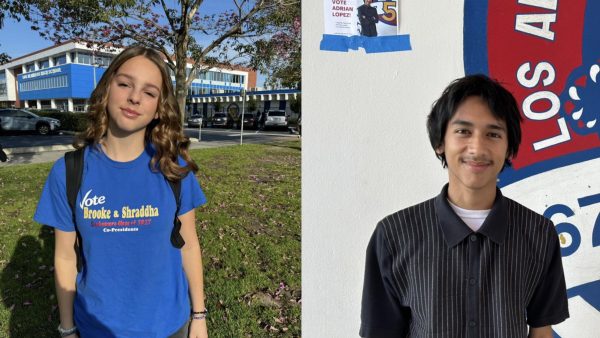English class options for future seniors
Alternative English classes available for future senior students.
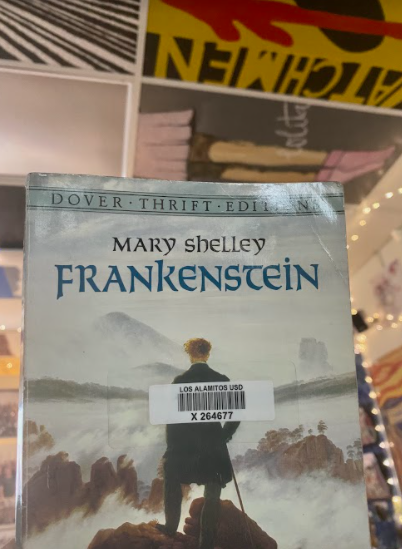
Mary Shelley’s classic is only one of the many books read in the curriculum for British Literature
February 27, 2023
LOS ALAMITOS, CA — To many students, the classes they take in school generally feel limited to social expectations. The pressure that pushes students to take too many AP and Honors classes leads some to overload their schedules. This mistake that causes overwhelming stress may be the result of other classes being overlooked. It is important to know that each student has their own strengths and weaknesses; taking AP or Honors classes for every subject does not necessarily guarantee success.
While many people believe that taking many APs is crucial to preparing for college, even non-AP classes are all still preparatory classes. The only difference is that these classes do not bear the overwhelming weight of APs, which means that taking them eases the stress of seniors’ schedules, while still giving them the necessary academic preparation for college life.
British Literature
If you took AP Language and Composition (AP Lang) in your junior year, you are likely encouraged to take AP Literature as your next English course. Like always, there are alternatives for this class if you to prioritize other classes. British Literature is a senior level non-AP and non-Honors class focusing on famous pieces of literature written by influential authors from the UK.
The class starts off with medieval-era epics such as “Beowulf,” “King Arthur,” and “Canterbury Tales.” The books studied during the class will go chronologically throughout British history, moving onto the Shakespearean plays of the Elizabethan era, early modern Gothics “Frankenstein” and “Dracula,” and finish off with more contemporary works such as “1984.”
“Stories range from heroic epics to fairy tales to Gothic novels,” said British Lit teacher Mr. Hooper about the story lineup. Visual and group projects are also a major part of the class.
“Projects help bring the literature alive in our class!” Mr. Hooper said.
Modern Literature
Whereas British Lit focuses on stories from UK history, Modern Literature mostly emphasizes stories from more recent times. This class is designed as a preparatory tool for seniors about to enter the English programs of their future colleges. Students are conditioned for the new environment they will encounter when leaving high school, so it is the perfect course to take for students who wish to be ready for their post-graduation future.
“I want students to walk into classes prepared with the understanding of college deadlines and seminars,” said Mrs. Franzen about the curriculum’s content.
Unlike British Lit, the Modern Lit are less historical and put greater emphasis on more recent works. As a preparatory class, the focus is mostly from a thematic perspective. These broad themes present in recent literature are studied in order to have an adaptable understanding on the constantly changing style of contemporary writing.
“Modern Lit is a thinking class. The materials are chosen to be of high interest to students and connect with other areas of study. Modern, post modern, and contemporary does not live in isolation,” Mrs. Franzen said. Since modern themes progress over time, the class readies future college students with knowledge that will help them adapt with evolving literature. That is why Modern Lit is the perfect class for non-AP students looking for an English class to get them ready for college.
World Literature
If your interest in literature is broader than the previous two options, consider taking World Literature in your senior year. Instead of focusing on one part of the world like British Lit, or one period of time like Modern Lit, World Lit focuses on different literary pieces written across different periods of time.
The authors that are spotlighted in this class include ancient stories from the Middle East such as “Gilgamesh,” to modern pieces that convey current issues. By taking the class, the topics that are discussed not only revolve around one period of time, but also change upon each different perspective around the world.
Expository Reading and Writing (ERWC)
If your niche in English is not in reading stories and novels, then the Expository Reading and Writing class should fit your preference. While the other classes put greater emphasis on reading various stories, ERWC is a writing class meant to built skills in formulating essays. Although students read stories like Shakespeare’s “Othelo” and Orwellian classics like “1984,” the class places the most emphasis on writing skills.
In fact, this class was created by the California State University system in order to prepare seniors for college level writing. Just by passing the class with a minimum grade, the course is enough to prepare any senior for college life without the hassle of AP level work.
Unlike British Lit, the topics that are covered are less fictional, and the themes generally revolve around real world issues. Subjects such as recycling, the juvenile justice system, as well as the Greek idea of Kairos are all dissected thoroughly.
“The class is a lot of looking at real world issues and dissecting them to explore those topics,” said ERWC student Jonas Corliss.
Besides appealing to students with a more realistic approach to English, argumentative writing skills are also built in the class. Being able to convey these ideas goes hand in hand with these applicable topics, especially as these topics become more prevalent in our adult lives as college students.
“This class is about explaining yourself in a counter argument,” said Jonas Corliss.
By taking the class, the experience that you accumulate will pay off once you leave high school and enter a more advanced environment for your new English classes.
